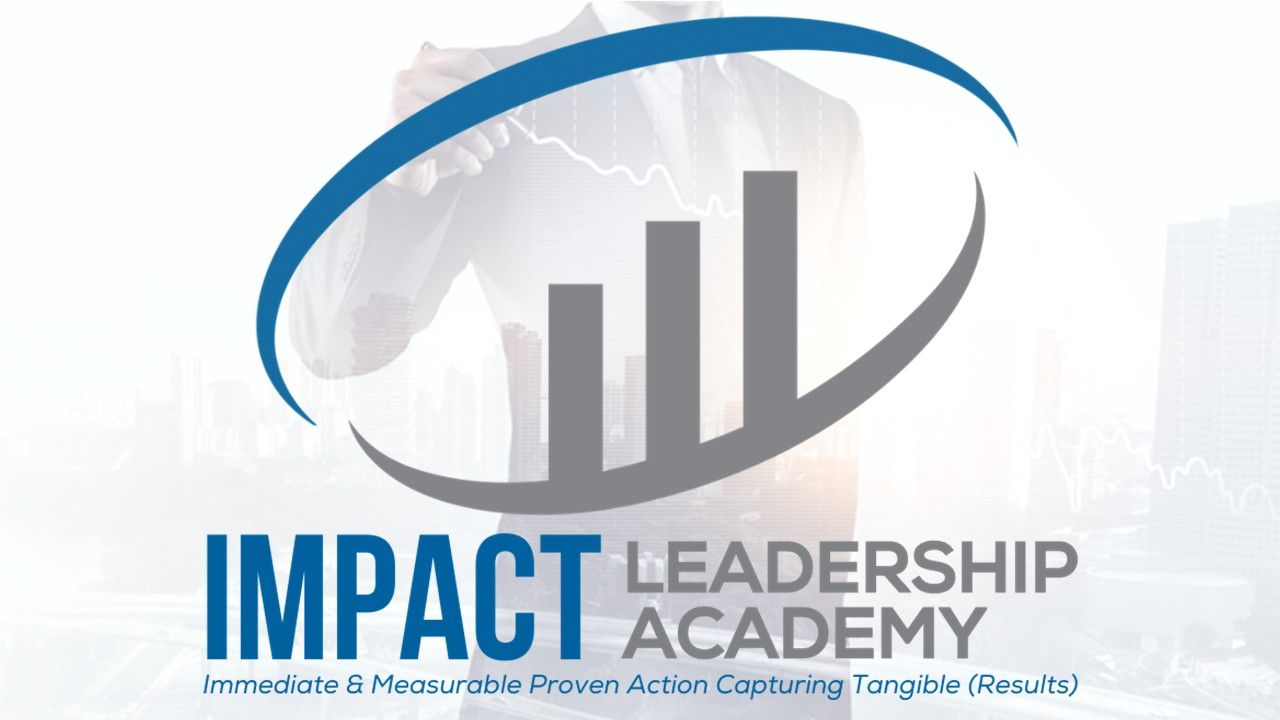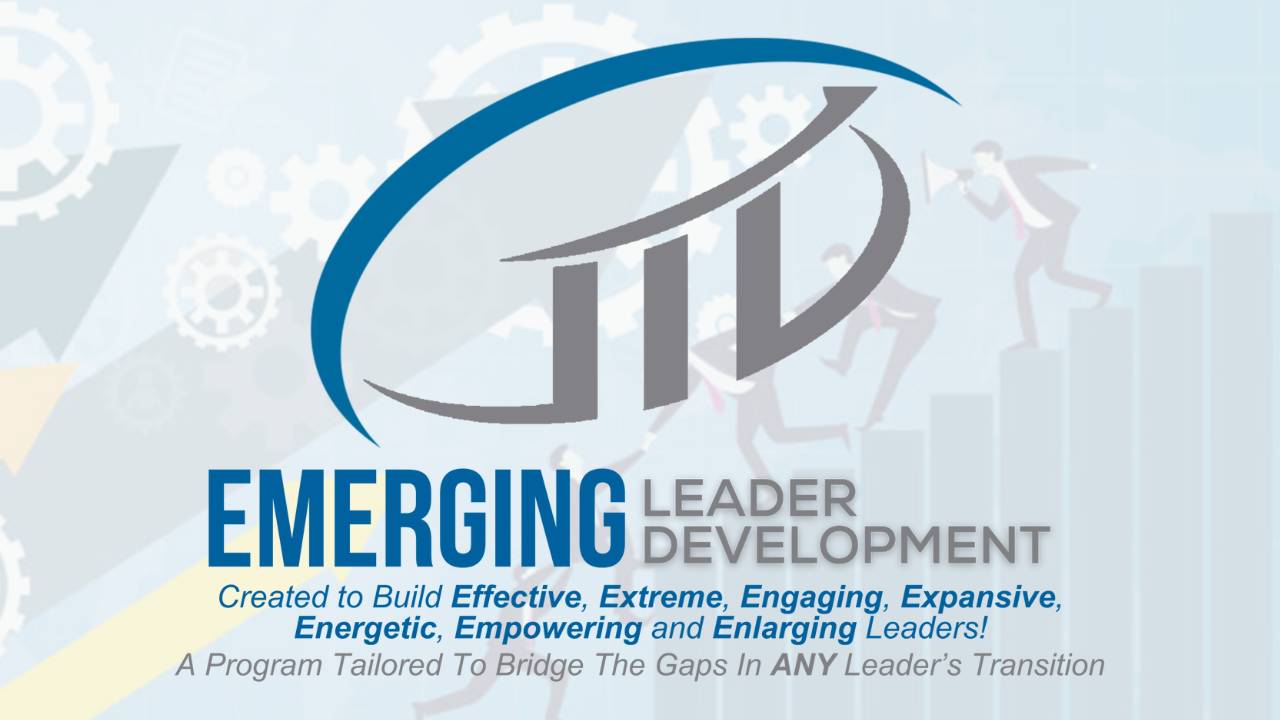Leading with Humble Availability
Seeing value in and being available for the people around us is critical; not just in a leadership role, but in every aspect of our lives. But just clearing time on our calendar may not be enough to earn trust and get the most possible value from diverse contributions, especially if we don’t display a spirit of humility about the availability we offer. As I’ve stated repeatedly, some of the best leaders I’ve had the chance to interact with directly have also been the most humble and the most generous with their guidance. Terry Ward, Kevin Arnold, Rod Little, Chris Rollins, Jorge Velasco, and Mark Cole are just a few of the ones who have intentionally sown into my leadership journey. They each saw my worth (as well as the many others they’ve mentored) and have been selflessly available to me over the years.
Before detailing how much impact that’s made in my life, let’s consider the other side of the coin. Have you ever had time with someone, only to feel expected to wear it like a badge of honor? In some organizational hierarchies, the folks sitting in the big chairs make the people around them jump through hoops to “earn” their time. They boast about how much their minions should appreciate being able to pick up the slightest scraps from around their proverbial tables. Even if those “scraps” are useful, how likely is it that the oh-so-fortunate soul getting such access feels any real value when any time they get is then held over their head - almost like they never really deserved it to begin with?
While you may not have seen examples quite that blatant, and I certainly hope you haven’t experienced anything like that personally, you get the picture. Any availability offered in that manner clearly isn’t done based on the value those folks see in the people around them, and I’m not about to refer to that as “leading.”
With that example of what we should be working to avoid at all cost fresh in mind, think about the people you’ve experienced who do lead with humble availability. Each of the men I just listed have done exactly that for me. Be it Terry for close to three decades, Mark on occasion since 2015, or Jorge over the last five years or so, they’ve never made me feel like I was anything less than deserving. Not only did their accessibility provide me with insight I may have never had otherwise, their humility allowed me to believe I was capable of successfully implementing any idea they offered.
I’ve never met anyone in a role with responsibility for leading a team of any size who didn’t have far more to do than they had time to accomplish it. Humble availability fosters deep connections, even when that availability is tough to offer. Holding it over someone’s head, telling them how great we are and how much they should respect or appreciate even the smallest block of time we provide them, does anything but build a stronger connection. Someone taking that approach may have positional authority, but they’re certainly not leading. When we genuinely see people’s worth, leading with humbly availability is just part of what we do - regardless of how full our schedule is on any given day. When that’s truly part of who we are, so is investing in others’ growth. We’ll look more at that next. For now, think about how you can offer support to a colleague - humbly!
Investing in Others’ Growth
When we see others’ worth and we’re humbly willing to make ourselves available to them, the time we invest supports their growth in ways we may never fully comprehend. We can easily count the seeds in an apple, but we can’t count the number of apples that come from one seed. By valuing others and being available, we’re sowing seeds that reach beyond what we’ll see - and we’ll look at this in more detail soon when we revisit the legacy idea yet again. For now, I’ll add that investing in others’ growth isn’t limited to what they gain. Our investment in others yields mutual leadership benefits.
I’ve mentioned my friend Jake a few times to this point and how the support he provided me with in behavior-based safety all those years ago served as an opportunity for me to invest in his growth, although I didn’t recognize it as such back then; I was just doing whatever I could to keep my head above water. Gradually, the concepts and skills I shared with Jake moved from being out of complete necessity to being intentional in supporting his growth. He and I get to catch up occasionally still today, often after I’ve heard about an opportunity that he may be interested in. During each conversation, I get tremendous fulfillment from hearing about the impact he’s making personally and the people he’s actively mentoring. While he’s taken the action to get those results, I realize there’s at least a chance that he’d still be welding exhaust systems today if I hadn’t done all I could to be available whenever he had a question or an idea two decades ago.
That said, even those minor investments I was able to make in Jake’s growth have provided me with at least as much benefit as he’s seen from it. Much of what I learned through that process serves as a foundation for how Cindy and I support individuals engaged in our programs today. Some of that’s been based on what I saw yield great results right away, but even more tie to things I did way wrong. As much as I hate to admit it, a lot of ideas I pushed on him early on were based on my goals rather than his. Today, we’re very intentional about capturing each participant’s goals (and often their manager’s too) as they begin something like our IMPACT Leadership Academy. While that has a structured curriculum we follow throughout the 12-month engagement, we don’t stand a chance at helping them achieve a measurable return on investment if we’re pushing them in a direction that’s different from their actual goal. Had I understood something that simple as Jake and I worked together twenty years ago, it’s hard to tell how much further along he’d be today. I’m just thankful he put up with me through it all!
Here’s the kicker: Jake worked for several different supervisors during that same time who could have had at least as much impact as I did, and likely more based on their formal education and years of experience. But I could name at least three who barely acknowledged him. In a best case scenario, they neglected him because of all the other tasks that demanded their time. If we were to consider the worst case, you could make a case that they had no interest at all in helping anyone on their teams grow. Don’t misunderstand me here, I’m not suggesting they were bad people. In fact, I’m still friends with each of them today. I am, however, saying that by neglecting to invest in others’ growth, they absolutely missed out on opportunities for mutual leadership benefits.
Leading with humble availability and investing in others’ growth, even with the best of intentions, is never easy. We’re about to look at how keeping an open door is crucial in that process. Before that, though, I’ll challenge you to identify the people whose growth you can invest in. Hint: they don’t have to report to you! Jake and I have always been peers. To that end, I’ve never had a direct report in any role.
Mentoring with Open Doors
As we worked through steps for how developing others serves as a path to leadership, I shared how a reluctance to pass along knowledge, often out of a misplaced fear that it could diminish our own value, prevents us from providing a successor (or even a direct report) with all the guidance we possibly can so they can achieve their best results. To lead as well as we’re truly capable of and perform in our own role, this isn’t an option. But without genuinely valuing others and being intentionally available, it may never happen. Even when practicing humble availability and investing in others’ growth, we must still consciously choose an approach of mentoring with open doors.
One of the most difficult situations I had to work through as a human resources manager was addressing (and terminating) an overall great person for failing to execute their responsibilities in the highest ranking position within the company. The hardest part was that this had nothing to do with their capability and everything to do with where they chose to place their focus. Rather than doing what they (and only they) were uniquely qualified to do, their time was absorbed in the routine tasks each of the managers reporting to them were doing - usually just as effectively as they had previously, and sometimes even better. Rather than mentoring each of those managers, this individual got caught up in scrutinizing any action taken that wasn’t exactly what they would have done. Unfortunately, that prevented them from completing their own tasks. It also created a level of contempt from each direct report.
In the first lesson of our Emerging Leader Development course, Cindy and I share several crucial steps leaders can take in holding up to the inevitable criticism they’ll face. One of those is forgetting ourselves and focusing on those counting on us for leadership that they may never get anywhere else. When we’re able to do this, as uncomfortable as it may be, we can start mentoring with open doors.
I’ve mentioned some of the development I worked to offer Jake over the years. Even though there were times where I had concerns that helping him excel would cause our management team to see me as extra baggage, he and I never worked in the same department or held similar roles. When my friend Mike succeeded me in the behavior-based safety facilitator role, I could have easily fallen into the same trap as the executive I described above. I had invested more than a decade of my life into what was widely recognized as the most effective behavior-based process in the company. Rather than viewing any of Mike’s accomplishments as building on that success, it would have been easy to see it as him outperforming me; I’ve known far too many people to view their scenarios just that way.
Thankfully, I quickly found myself drinking from a fire hose in the role I stepped into and had little time or energy left for worrying about how anyone viewed what I did or didn’t do in my previous position. I’d love to share how selfless I had become, but the demands of my workload made that choice for me. If I wanted to avoid drowning from that fire hose, my only option was to be as open as I possibly could in helping Mike get up to speed - and even surpass what I had done in the role - as quickly as humanly possible.
Today, Cindy and I have numerous opportunities to mentor with open doors. We also get to help the many executives we coach implement the same practice. Not only does this exemplify valuing others and being available, open-door mentoring accelerates growth and trust. That said, the biggest challenge I faced in offering that to Mike - something anyone with significant leadership responsibility will encounter - was overcoming time constraints. We’ll dig into dealing with that next. Now, though, I want you to look for ways you can be intentional about providing open-door mentoring to those who need your support the most.


